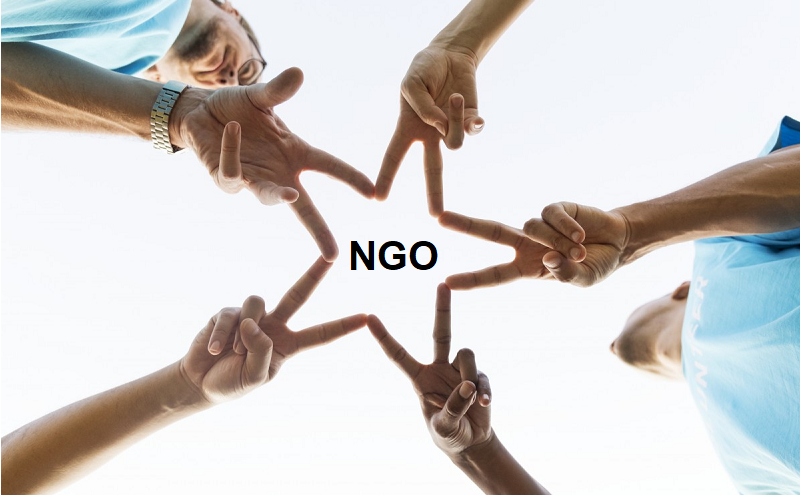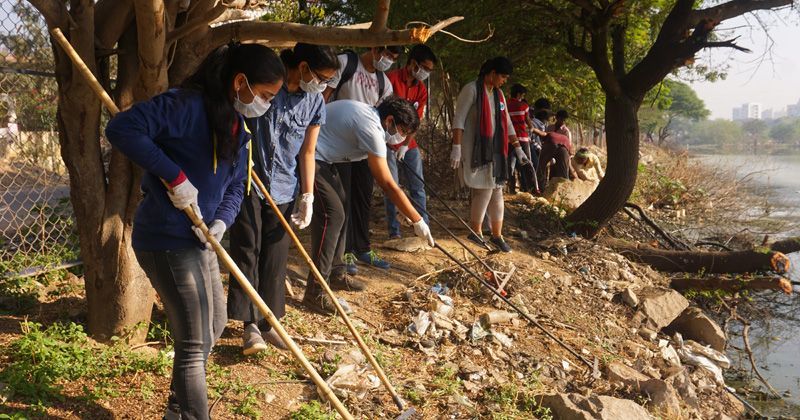
Access to clean and reliable water remains a significant challenge in rural India, where communities often lack adequate infrastructure for water storage and face issues related to water quality. Non-Governmental Organizations (NGOs) play a pivotal role in addressing these challenges, employing various strategies to enhance water storage capacities and improve water quality in rural areas.
Water Storage Initiatives
In many rural Indian villages, water scarcity is a recurring issue, exacerbated by erratic rainfall patterns and inadequate storage facilities. NGOs have taken proactive steps to address this by implementing innovative water storage solutions. One such approach is the promotion of rainwater harvesting systems. NGOs educate communities about the benefits of capturing rainwater through simple yet effective techniques such as rooftop harvesting and building check dams. These initiatives help replenish groundwater levels and provide a sustainable source of water during dry periods.
Additionally, NGOs collaborate with local communities to construct small-scale reservoirs and ponds. These structures not only store rainwater but also serve as community water banks, ensuring that villages have access to water for domestic use, agriculture, and livestock throughout the year. By involving villagers in the construction and maintenance of these reservoirs, NGOs foster a sense of ownership and sustainability within the community.
Improving Water Quality
Ensuring access to clean and potable water is another critical focus area for NGOs operating in rural India. Many villages rely on contaminated water sources, leading to widespread health issues such as waterborne diseases. NGOs tackle this problem through several interventions aimed at improving water quality.
NGOs conduct water quality testing to identify sources of contamination and educate communities about safe water practices, such as boiling or using water purification methods like filtration and chlorination. They also advocate for improved sanitation and hygiene practices to prevent water pollution at its source. Furthermore, NGOs work closely with local authorities to implement policies and regulations that safeguard water resources and enforce pollution control measures.

Community Empowerment and Sustainability
NGOs recognize that sustainable water management requires active community involvement and empowerment. They conduct workshops and training sessions to educate villagers about water conservation techniques and efficient water use practices. By promoting awareness and building capacity at the grassroots level, NGOs enable communities to become self-reliant in managing their water resources.
Moreover, NGOs facilitate the formation of water user groups and committees within villages. These community-led initiatives are instrumental in monitoring water usage, maintaining infrastructure, and resolving conflicts related to water access. By fostering collaboration and collective decision-making, NGOs strengthen local governance structures and ensure the long-term sustainability of water management efforts.
Case Studies and Impact
Several NGOs have demonstrated significant impact through their water management initiatives in rural India. For instance, organizations like [NGO Name] have successfully implemented watershed management programs in [specific region], resulting in improved water availability and enhanced agricultural productivity. Similarly, [NGO Name] has pioneered the adoption of decentralized water purification units in [another region], providing clean drinking water to thousands of households.
Conclusion
In conclusion, NGOs play a crucial role in enhancing water storage and quality in rural India through innovative approaches and community-driven interventions. By promoting sustainable practices, empowering local communities, and advocating for policy changes, NGOs contribute to the overall development and well-being of rural populations. As challenges related to water scarcity and contamination persist, the efforts of NGOs remain indispensable in ensuring equitable access to safe and reliable water resources across rural India. Their collaborative efforts with local communities and stakeholders continue to pave the way for a more sustainable future where water is not just a resource but a source of resilience and prosperity.


